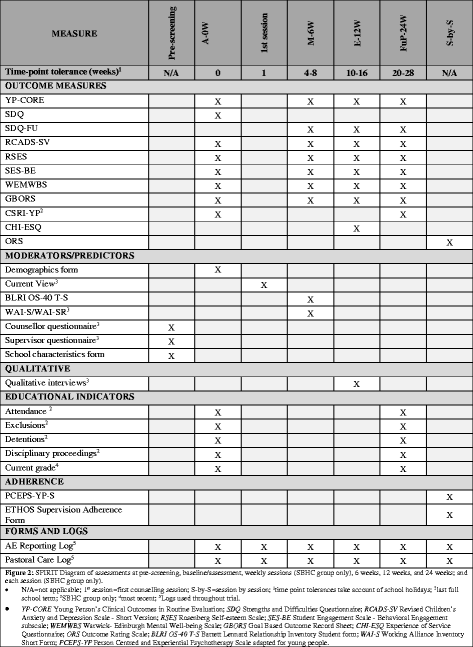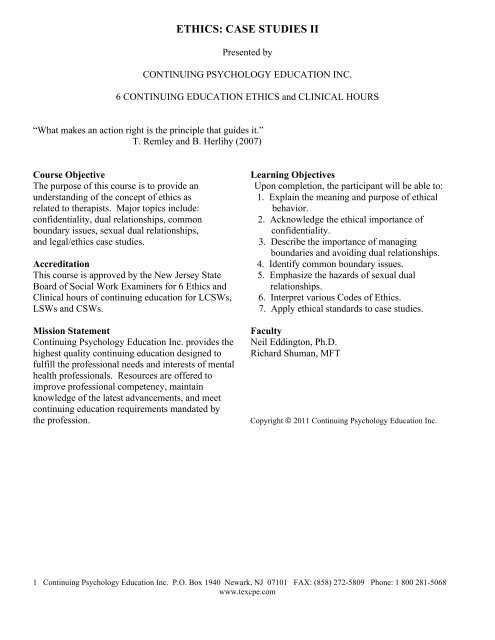Effectiveness and cost-effectiveness of humanistic counselling in schools for young people with emotional distress (ETHOS): study protocol for a randomised controlled trial, Trials
$ 29.00 · 4.9 (178) · In stock

Background One in ten children in Britain have been identified as experiencing a diagnosable mental health disorder. School-based humanistic counselling (SBHC) may help young people identify, address, and overcome psychological distress. Data from four pilot trials suggest that SBHC may be clinically effective. However, a fully powered randomised controlled trial (RCT) is needed to provide a robust test of its effectiveness, to assess its cost-effectiveness, and to determine the process of change. Methods/design The Effectiveness and Cost-effectiveness Trial of Humanistic Counselling in Schools (ETHOS) is a two-arm, parallel-group RCT comparing the clinical and cost-effectiveness of SBHC with Pastoral Care as Usual (PCAU) in school settings. Eligibility criteria for young people include being between 13 and 16 years of age and experiencing moderate to severe levels of emotional distress. Participants are randomised to receive either SBHC or PCAU. SBHC is delivered in up to 10 weekly, individual sessions in their school with a qualified, experienced counsellor who has also received training using a clinical practice manual. Adherence to the SBHC model is assessed by a sub-team of auditors and in clinical supervision. PCAU consists of the schools’ pre-existing systems for supporting the emotional health and well-being of students. The primary outcomes are psychological distress measured using the Young Person’s Clinical Outcomes in Routine Evaluation (YP-CORE) and costs evaluated using the Client Service Receipt Inventory (CSRI). Secondary outcomes include psychological difficulties, levels of depression, anxiety and self-esteem, well-being, school engagement, educational outcomes and achievement of personal goals. Qualitative interviews with participants, parents and school staff will look to identify the mechanisms of change in SBHC. Researchers administering the measures are blind to allocation. The trial requires n = 306 participants (n = 153 in each group), with 90% power to detect a standardised mean difference (SMD) of 0.5. An intention-to-treat analysis will be undertaken. Discussion This RCT is powered to detect clinically meaningful differences, and will make a major contribution to the evidence base for mental health provision for adolescents. It will have implications for all stakeholders, including policy-makers, statutory advisory bodies for child welfare, head teachers, children and young people practitioners, child welfare and parenting organisations, and young people. Trial registration Controlled Trials International Standard Randomised Controlled Trial Number (ISRCTN) Registry, ID: ISRCTN10460622 . Registered on 11 May 2016.

ETHOS University of Roehampton, London

ETHOS University of Roehampton, London

Individualized therapy trials: navigating patient care, research goals and ethics
Full article: Cost-Effectiveness Analysis of Trauma-Focused Cognitive Behavioral Therapy: A Randomized Control Trial among Norwegian Youth

BMC Public Health 1/2015

PDF) Effectiveness and cost-effectiveness of humanistic counselling in schools for young people with emotional distress (ETHOS): Study protocol for a randomised controlled trial

DOC) Effectiveness of school-based humanistic counselling for psychological distress in young people

ETHICS: CASE STUDIES II - Continuing Psychology Education

Pluralistic — Blog — Mick Cooper Training and Consultancy

The structure and contents of the helping relationship as a nursing psychotherapeutic intervention: A modified e‐Delphi study - Coelho - 2021 - Perspectives in Psychiatric Care - Wiley Online Library
2020 - Psychological Therapies For People With Borderline Personality Disorder - Storebø Et Al, PDF, Borderline Personality Disorder

PDF) School-based humanistic counseling for psychological distress in young people: Pilot randomized controlled trial

PDF) The effectiveness and cost-effectiveness of behavioural interventions for the prevention of sexually transmitted infections in young people aged 13-19: a systematic review and economic evaluation
